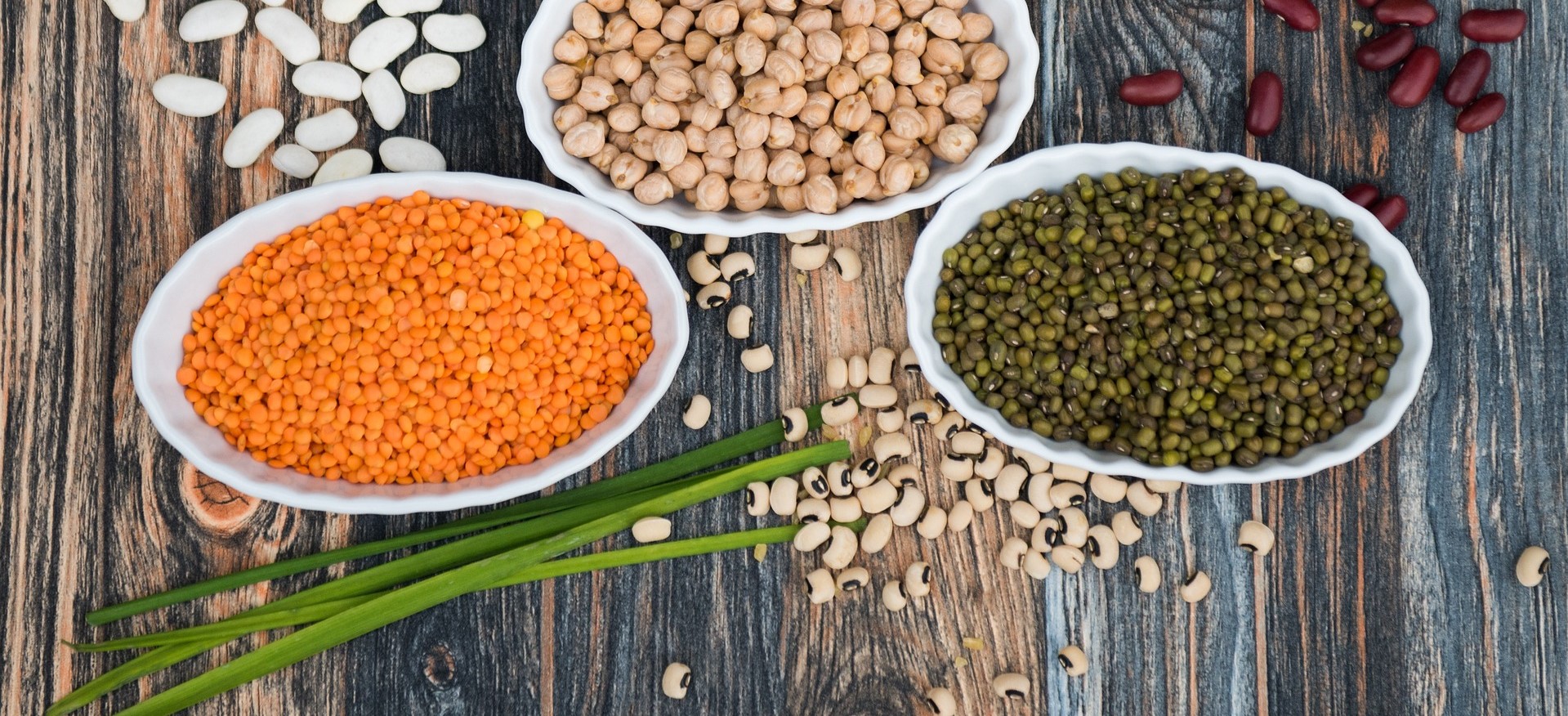More legumes in the diet for the health of humans and the climate
Legumes are a sustainable source of protein and nutrients with a low climate impact. The latest dietary guidelines from the Danish Veterinary and Food Administration emphasize eating legumes for the health of humans and the climate by reducing meat consumption and increasing legumes to 100 grams daily. However, Danes currently consume just 2-5 grams of legumes per day, according to the Technical University of Denmark. Raising the amount of healthy and climate-beneficial food products like pulses in our diet is a major challenge – not just in Denmark.
One solution to the challenge is to engage the whole value-chain of producers, retailers and consumers in a partnership to promote the consumption of pulses legumes. One such partnership – with over 60 partners – exists in Denmark. The goal is to push all Danes to eat the recommended 100 grams of legumes every day.
More than 60 engaged partners are committed to achieving the objective of integrating legumes as part of the Danish populations diet.
Partnership will increase plant-based diets
The Danish Partnership for legumes is committed to increase production and consumption of legumes in Denmark, driving the movement to achieve the official dietary guidelines of 100 grams a day. The Danish Think Tank Frej launched the ‘Legume Partnership’ in 2024, with sponsorship by the retailer Lidl, to gather stakeholders throughout the value chain in a collaborative effort. A secretariat and representatives from Lidl, Dava Foods, Danish Center for a Plant-Based & Organic Future, Aarhus Council and ISS Denmark form the steering committee for the partnership. All partners play an important role, setting the objective to actively work towards the shared goal. And results are already showing. For example, ISS Denmark currently serve 25 grams of legumes per guest in their canteens, having a clear objective of increasing the amount to 40 grams by 2026 and 60-70 grams before 2030.
Partners represent a diversity of private and public stakeholders throughout the value chain, including farmers, food processing companies , wholesalers, retailers, food services and knowledge institutions. The Legume Partnership is gaining momentum, with new partners continuously joining the initiative.


